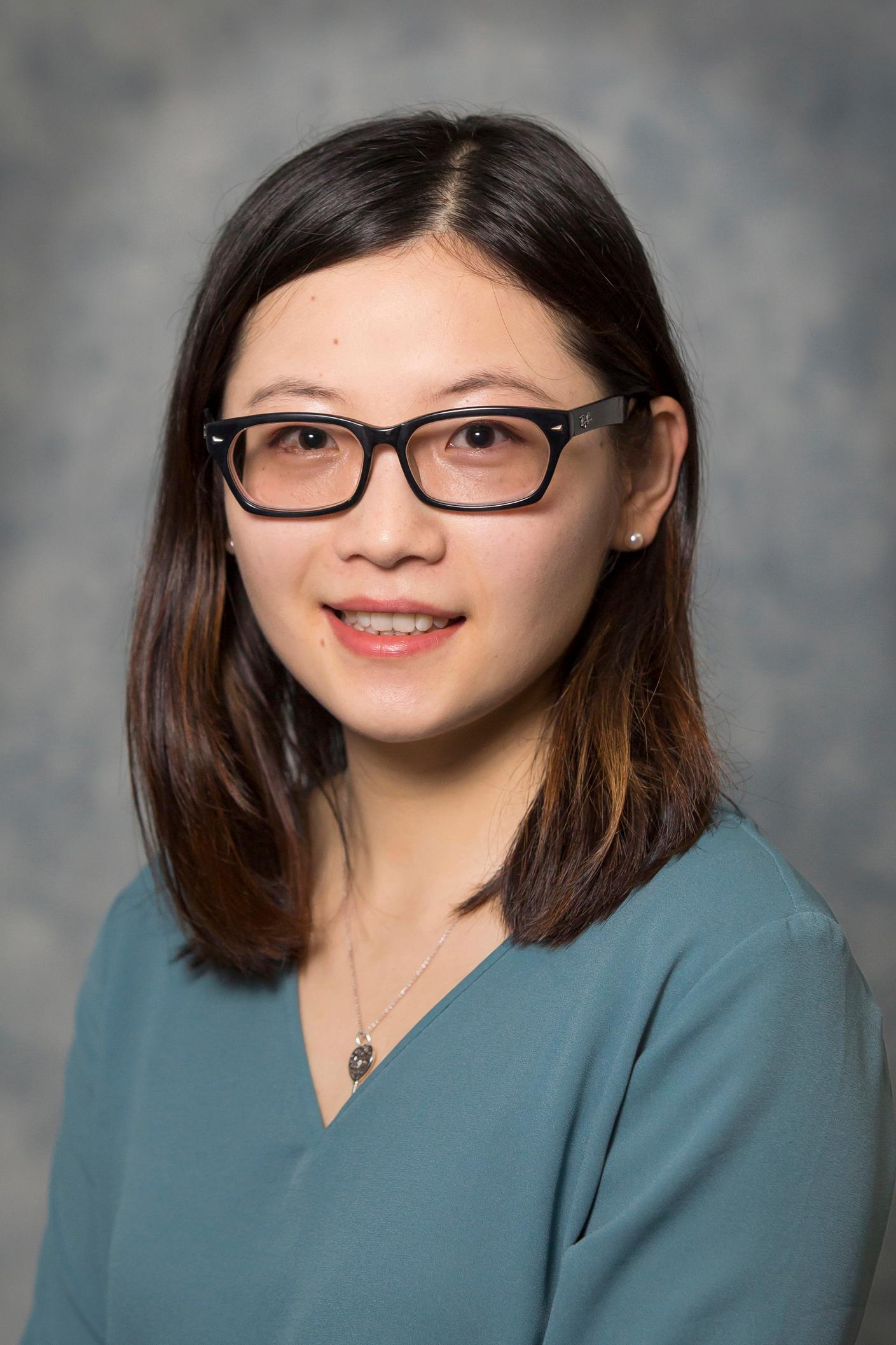Assistant Professor Awarded two Bass Connections Projects
School of Nursing Assistant Professor Hanzhang Xu, Ph.D., RN, was recently awarded two Bass Connection Projects by the Global Health Theme of Bass Connections for her proposed 2024-25 Bass Connections projects, “Empowering Family Caregiving Research in the Philippines,” and “Long-Term Care in China and Worldwide.”

Xu has partnered with Duke Kunshan University Assistant Professors Chenkai Wu and Xiachen Zhang on the Empowering Family Caregiving Research in the Philippines project which they were awarded $29,400.
The purpose of this project is to work with a team of interdisciplinary students and faculty members to characterize family caregivers’ socio-demographic and health profile and the amount and type of their caregiving tasks in in the Philippines, (ii) identify the health and functional status of care recipients and how their health status influences the caregiving experience and burden among caregivers. Ultimately Xu said the team hopes to project the trend in long-term care costs for home-based caregiving services in the Philippines over the next 30 years. “This funding will not only help us to conduct this mixed methods research project, but also provide our students with field work opportunities to gain first-hand knowledge about aging and caregiving in the Southeast Asia region,” Xu said.
The project is important to Xu’s work because she will have the opportunity to foster the next generation of aging scholars. “As a gerontologist by training, my work largely focuses on the health and well-being in diverse older adults both within the U.S. and globally. Some of the most rapidly aging countries in the world are in Southeast Asia,” Xu said. “I am excited that findings from this work will shed lights on the definition, design, and implementation of person-centered care in that specific context.”
The project’s focus is to help address some challenges in healthcare in Southeastern Asian countries. She said Long-term care facilities, which provide medical and personal care to older adults who are unable to live independently, are still nascent in most Southeastern Asian countries. “Co-residence with family members is still the most common living arrangement for older adults across the region,” Xu said. “Family remains the primary care provider for older adults’ daily needs.”
Xu added, “Despite the ubiquity of family caregiving, little is known about family caregivers' socio-demographic and health characteristics and the health and functional status of care recipients in LMICs in Southeast Asia, primarily due to the scarcity of quality data,” Xu said. “We will leverage our partnership with faculty members from Duke-NUS and University of the Philippines to facilitate the data collection.”
She is the co-leader on the Long-Term Care in China and Worldwide and has partnered with Duke Kunshan University Assistant Professor Meifang Chen, leader, and Professor Truls Ostbye, co-leader, for the Long-Term Care in China and Worldwide project which they were awarded $20,000.
The purpose of this project is to understand the development in multi-sectoral integrated long-term care in China and worldwide: literature review and fieldwork will be conducted to investigate the integration of health care and long-term care, and examine the engagement and accountability of civil society organizations (CSOs) and private sectors in multi-sectoral collaborations in long-term care.
Xu said this project is also important to her work because China has one of the fastest growing aging populations in the world. To support its aging population, the Chinese Government has outlined a plan for a "9064" three-tiered long-term care system, which emphasizes on having home-based care (90%) as its foundation, with supplementary support from community-based services (6%) and institutional care (4%). “Still, there are still huge gaps in unmet care needs shared by older adults, and many challenges faced by the geriatric healthcare system and society,” Xu said.
She said this project will have a special focus on healthcare policies, which is new, but also exciting to her. “The context of long-term care is so important. How the knowledge that we gained from one society can be translated and implemented into another context needs to be thought through carefully,” Xu said. “On another note, a lot of my prior work focused aging at the individual level.”
Xu added, she wanted to mention her parents. “Over the years they have now aged into my study population. It was quite an interesting experience to be only caregiver for my aging parents (i.e. due to the one-child policy). A lot of things that I learned from data, research, and my participants now become so relevant to my own life,” Xu said.
She is a China native who earned her Ph.D. in nursing from DUSON in 2018 and has been a faculty member since 2018.